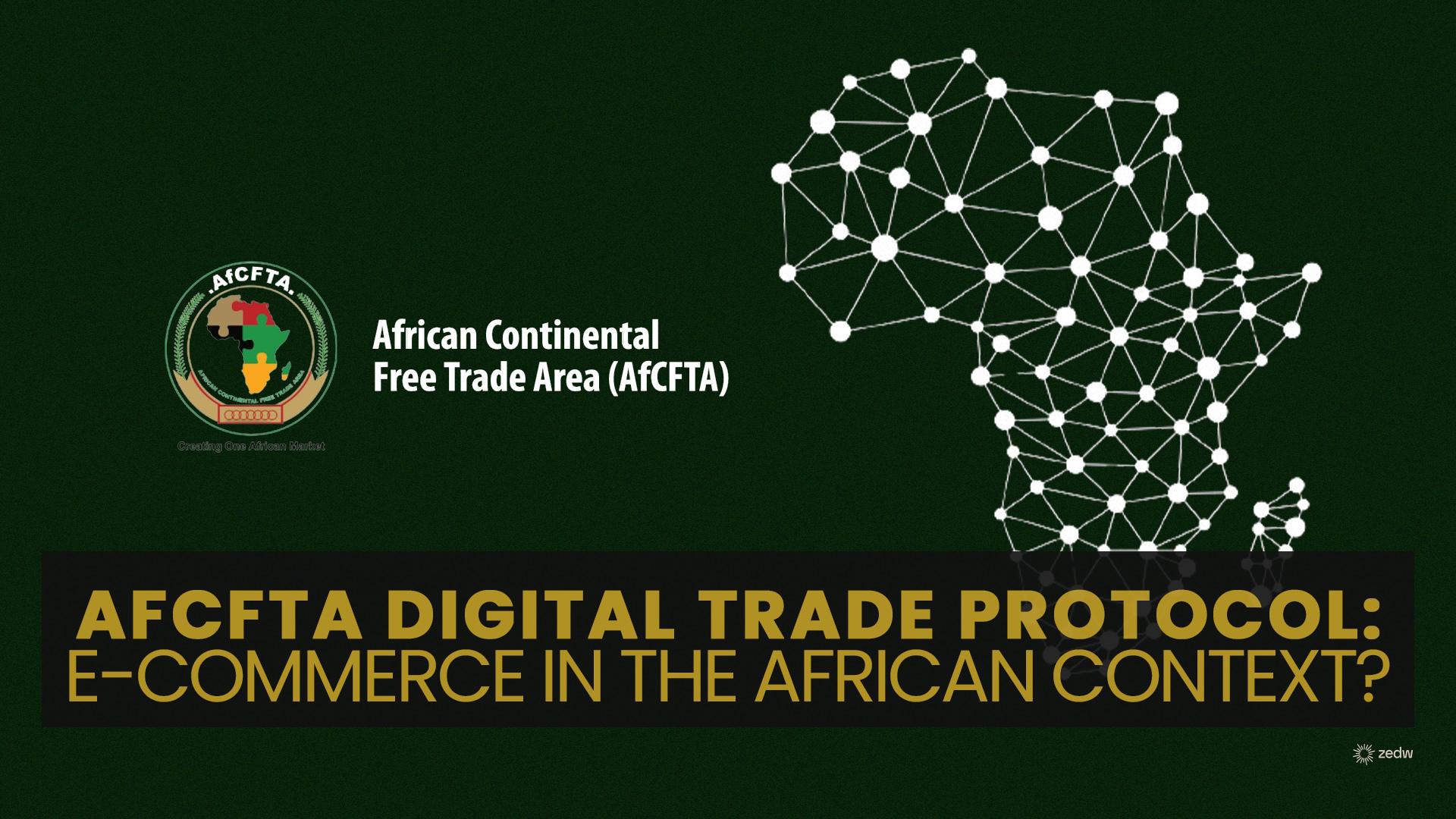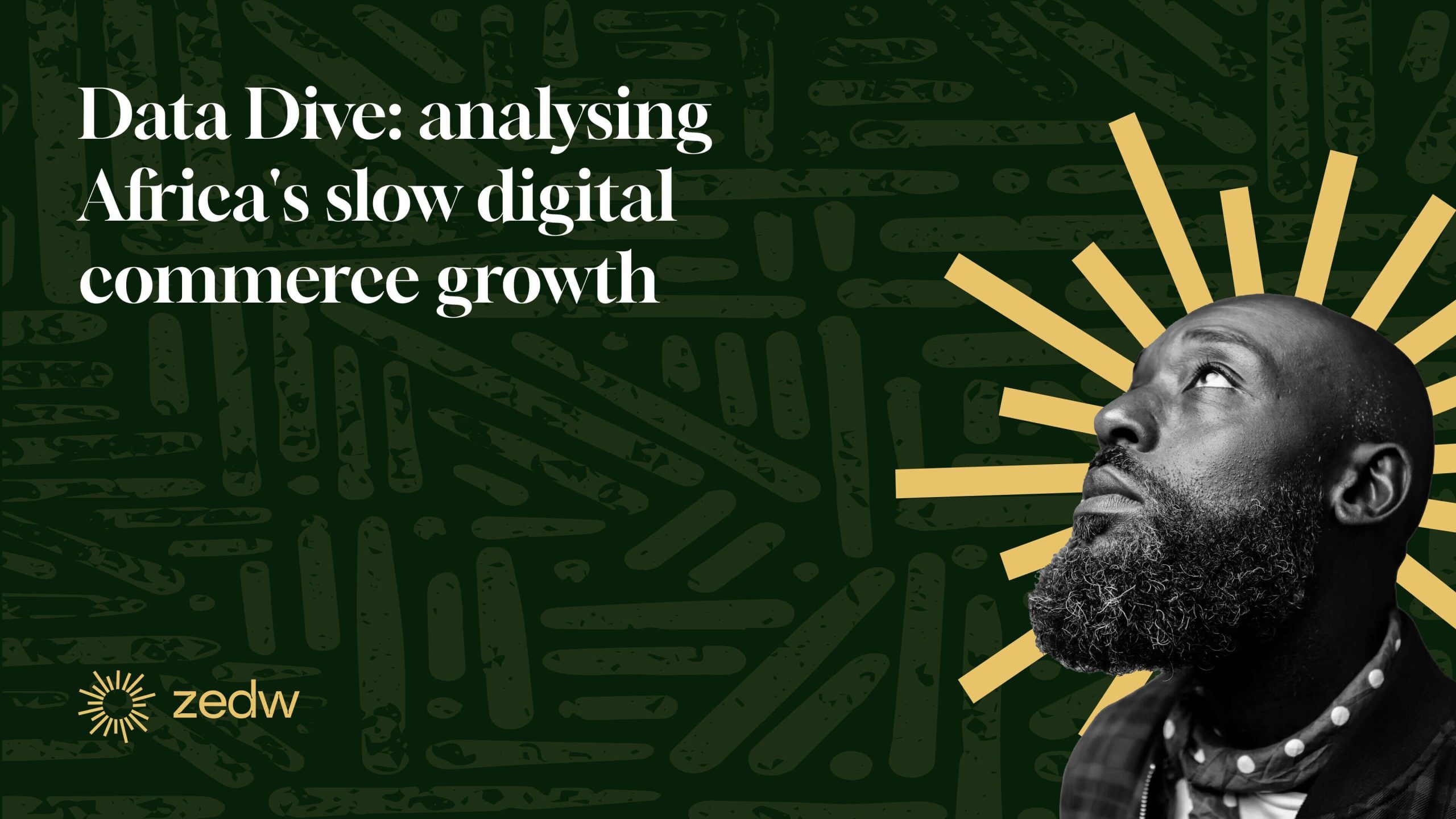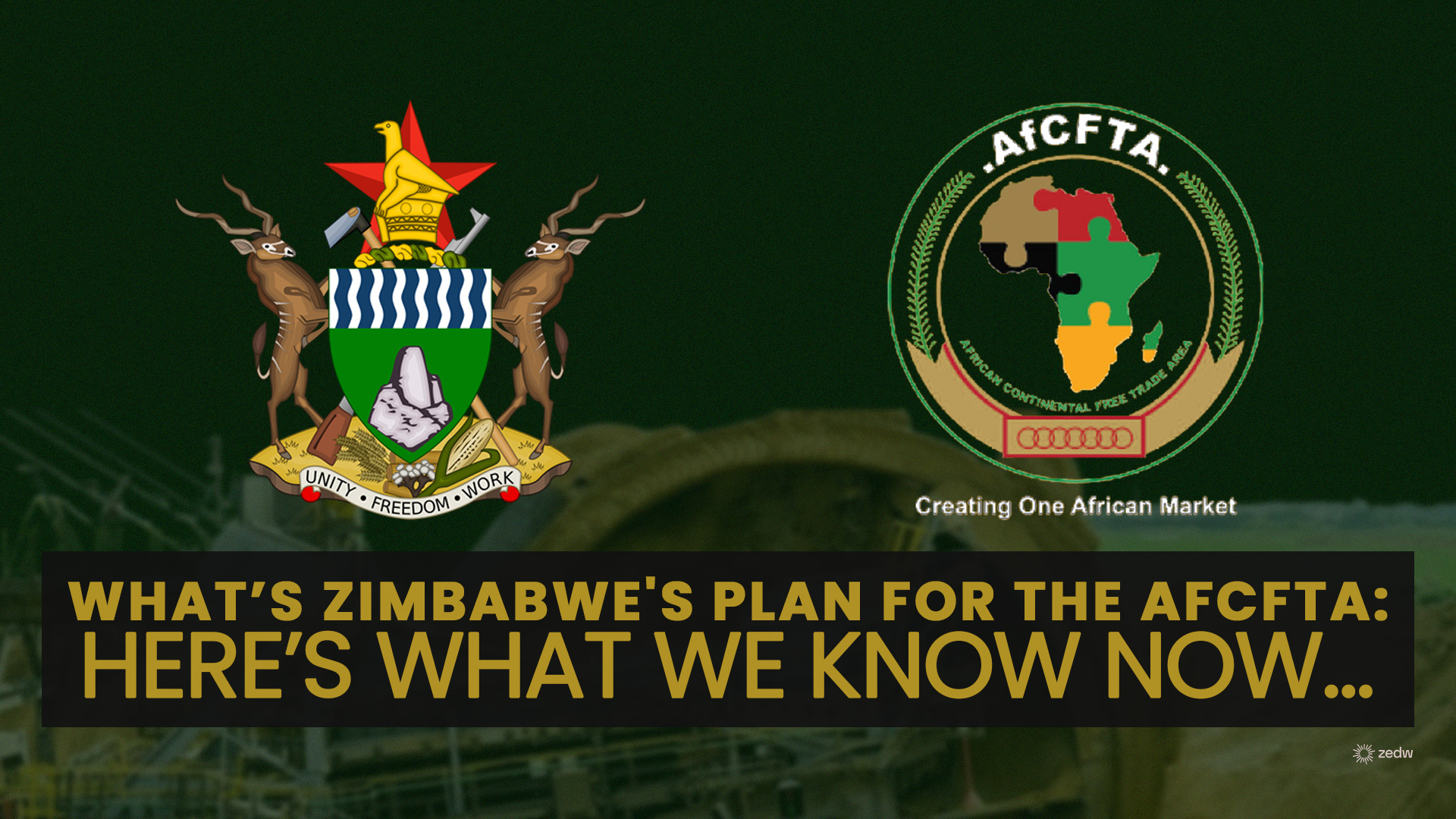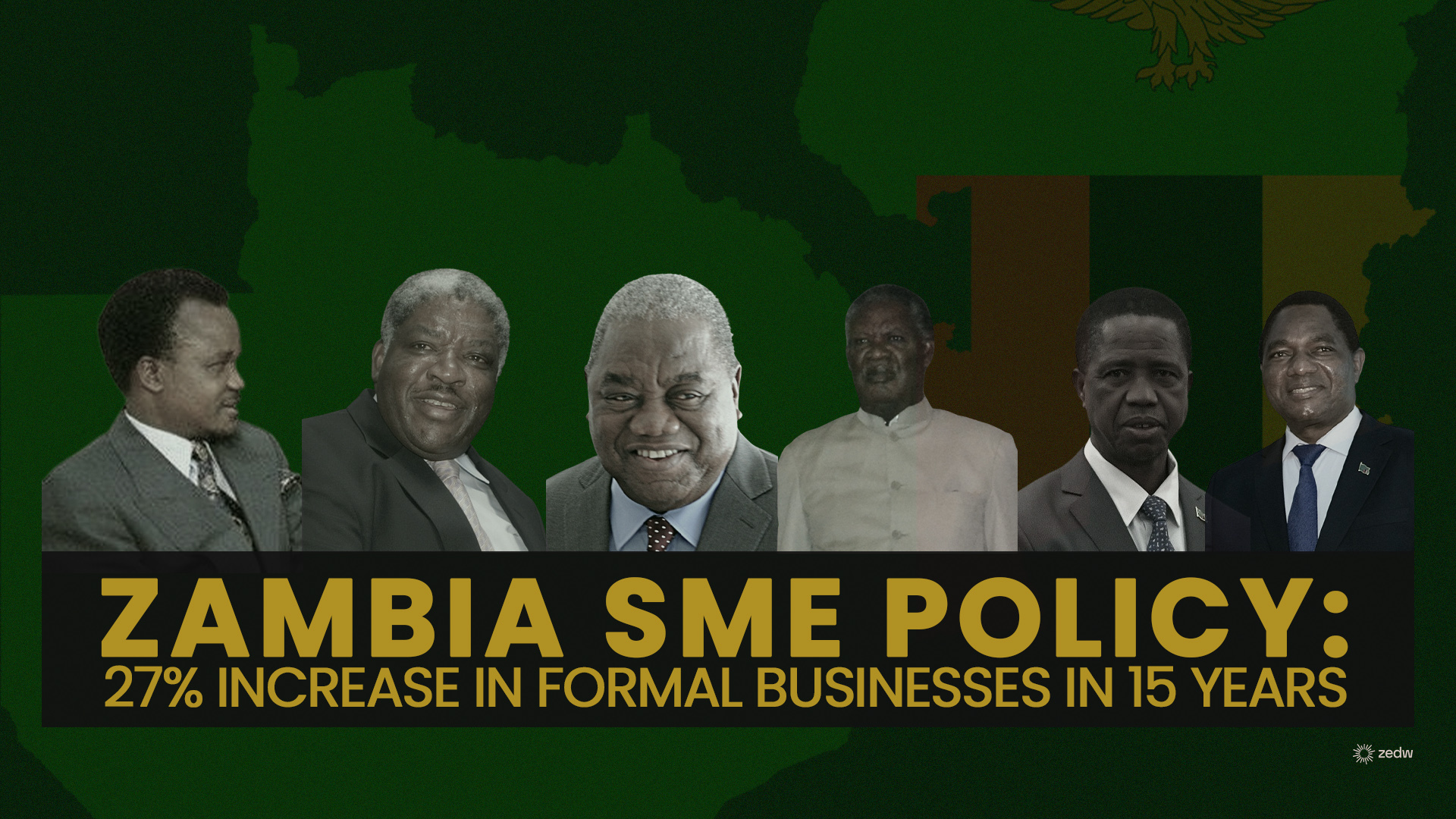The Africa Continental Free Trade Area (AfCFTA) Digital Trade Protocol has been ratified at the African Union (AU) Summit in Ethiopia.
This represents one of the most pivotal developments for continent-wide digital trade in Africa. What this protocol offers is a framework for Africans to do business with markets that were inaccessible for one reason or another in the digital sphere.
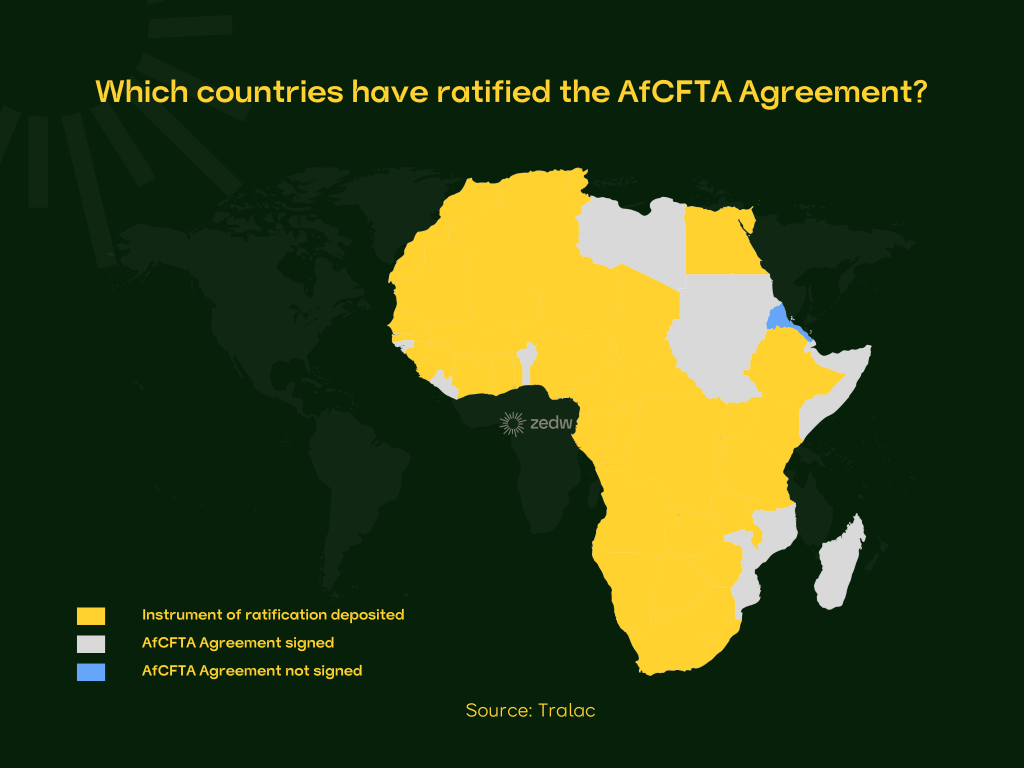
Intra-Africa Trade will now come in step with developments that started across the rest of the world at the turn of the 21st Century. The undeniable prevalence of e-commerce necessitated trade agreements that included the peculiar nature of how goods and services are traded online.
An example of this was the inclusion of e-commerce in the EU-CARIFORUM Economic Partnership Agreement (EPA) that was signed in 2008, which was the first time online trade had been mentioned in a policy document for a single trading block.
From that time, onwards the European Union has consistently covered the issue of Digital Trade in all of its trade agreements and the EU’s stance has been around six key points:
- Removal of unjustified barriers to e-commerce, including by banning customs duties, charges on electronic transmissions – this does not forbid the imposition of internal charges, such as internal taxes
- the EU trade agreements include the principle of no prior authorisation, which bans authorisation procedures that specifically target online services for protectionist reasons
- cover electronic authentication methods and electronic signatures, which are necessary for the validation of online transactions and thus constitute a key enabling factor for digital trade
- establish dialogue on regulatory issues e.g. the recognition of electronic signatures – in the recent EU-Singapore agreement, both sides are also examining a potential future mutual recognition agreement on electronic signatures
- several online consumer protection measures, including against spam. EU agreements consistently include provisions aimed at maintaining a regulatory dialogue on the treatment of such unsolicited communications
- cover the areas of cooperation and dispute settlement – they place an emphasis on regulatory dialogue in key policy areas, including, for example, the intermediary liability of service suppliers with respect to electronic transmissions and the storage of information
Digital Trade in the African Context
The provisions of the AfCFTA Digital Trade Protocol will follow the outline established by markets like the EU because its understanding of the e-commerce landscape is far more mature. These include market access, facilitation of digital trade, data governance, consumer trust and how digital products are treated.
SMEs
Unlike the EU single market, Africa has its peculiarities. One of the most important ones are MSMEs who are underrepresented in digital trade and perform more “analogue” transactions.
Many might argue that they are more steeped in traditional trade and that they are, in large, part covered by the AfCFTA Trade Protocol. However, with SMEs employing a reported 90% of people on the continent, if they get the technical assistance to be able to serve a greater number of people across Africa those businesses could scale exponentially and improve not only the prospects of those enterprises but also the people they employ.
Access to Internet Services
Another important issue in Africa is access to internet services. As far as we have seen there isn’t anything that addresses the issue of the cost of internet access in the AfCFTA’s documentation.
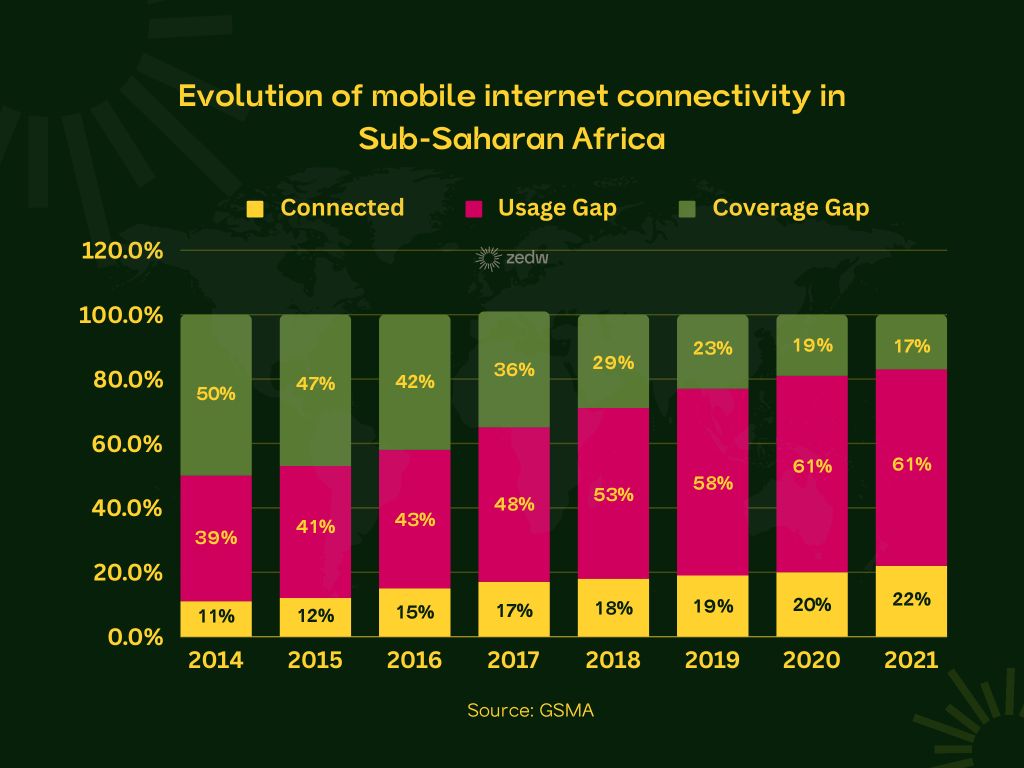
The first peculiarity in this respect is that Africa is a mobile-first continent… Smart-capable phones have been the biggest driver of the adoption of internet services. However, this has done very little to manage the cost of doing business for Mobile Network Operators (MNOs) who have either been struggling to keep costs down or in the worst of cases Internet services have been put under price controls, undermining the quality of service that customers have been able to get.
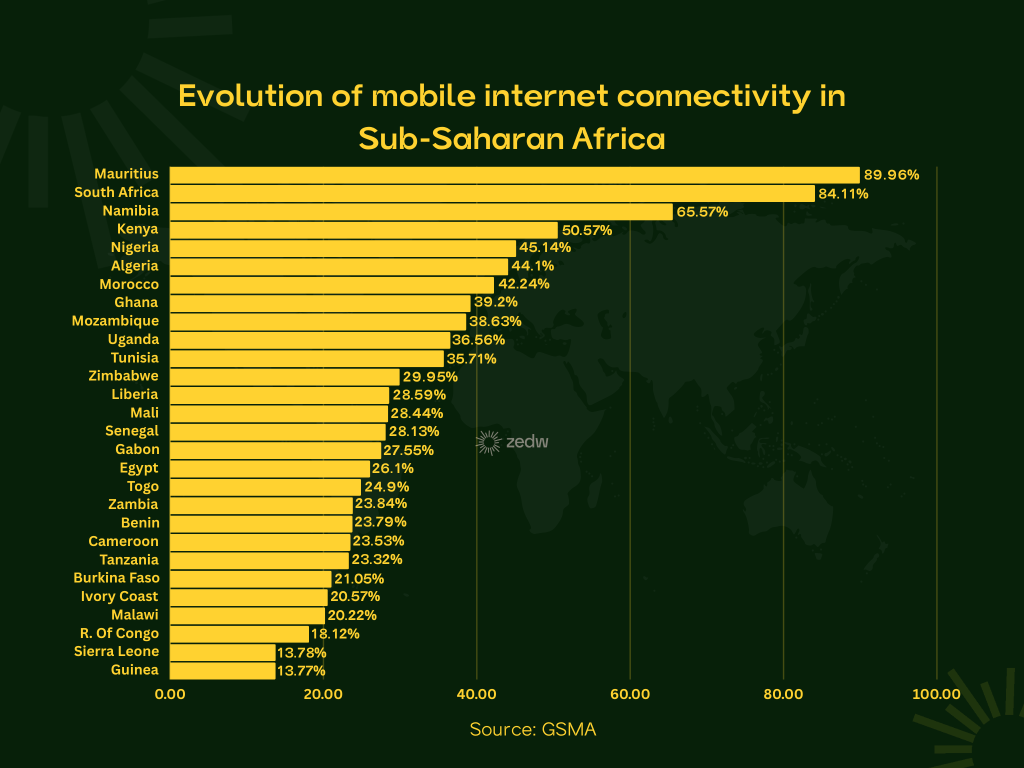
Without a resolution on the cost for the average African to access the internet, the opportunity of the AfCFTA digital protocol may lie only with those who can afford it.
Payments
In this area, there has been considerable progress with the Pan African Payments and Settlement System (PAPSS). A few weeks ago, The Central Bank of Tunisia announced that it was now part of the continental payments system.

This brings the total number of central banks that are now on PAPSS to 13, which also includes 5 National Payment Switches and 51 Banks.
PAPSS has been one of the more advanced aspects of the AfCFTA. However, the most important metric in this respect is the proportion of banked vs unbanked on the continent. As of 2021, four countries were able to register a banked population of more than 50%.
Mobile money, on the other hand, has been the greatest driver of financial inclusion on the continent. This has unfortunately not been matched with a mobile-first approach from PAPSS, there is rarely a mention of the most used financial instrument on the continent in its publications.

The architecture of PAPSS makes it possible to integrate mobile money, but what that will look like for the end user in each country might be a vastly different and cumbersome process.
What will be telling about the digital trade protocol is if the authors of the document will iterate on it to provide a framework more bespoke to the state of online-based trade in Africa. Without that, it will lack the nuance to properly address the current state of digital trade in Africa and how it is evolving.

